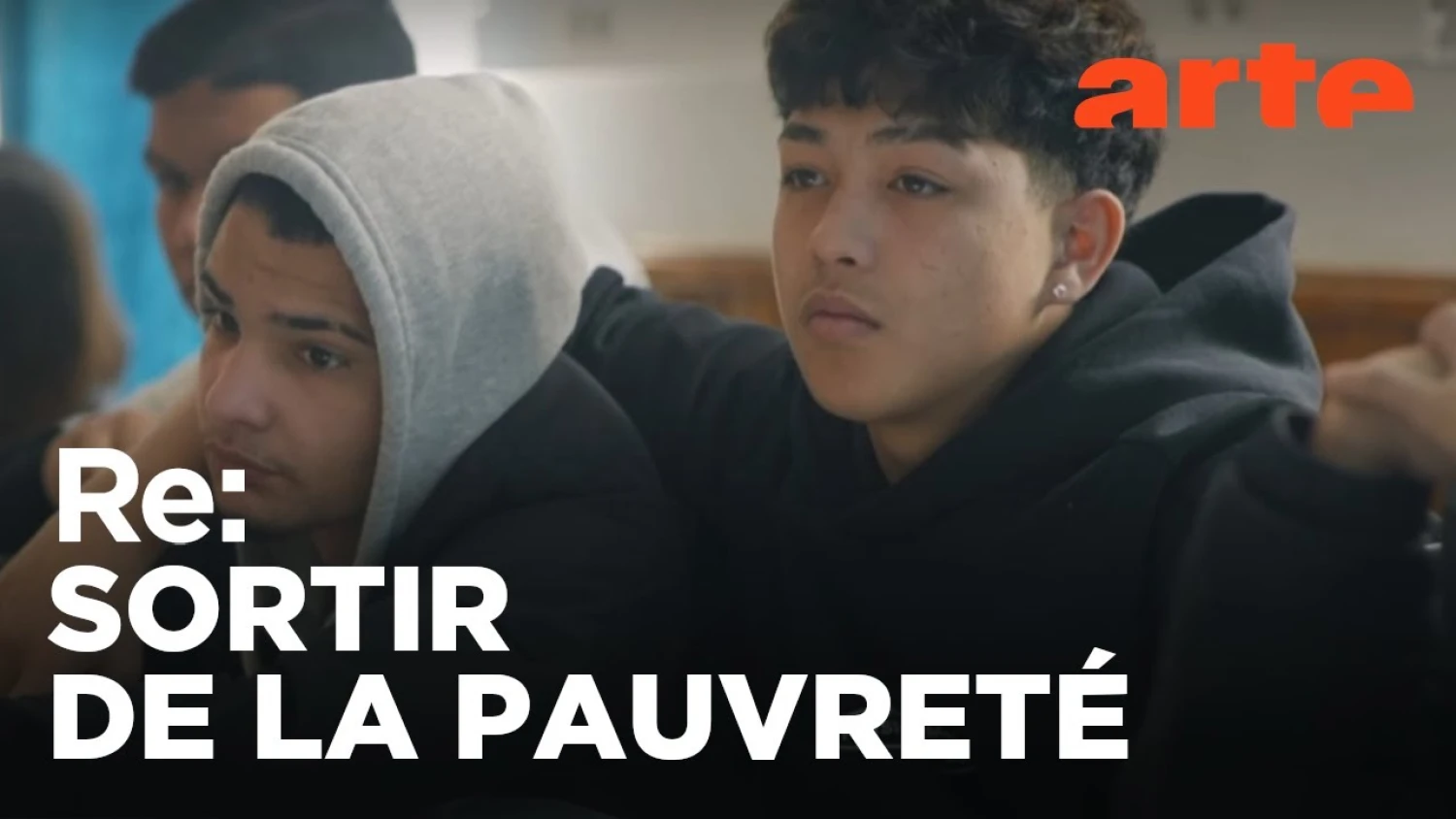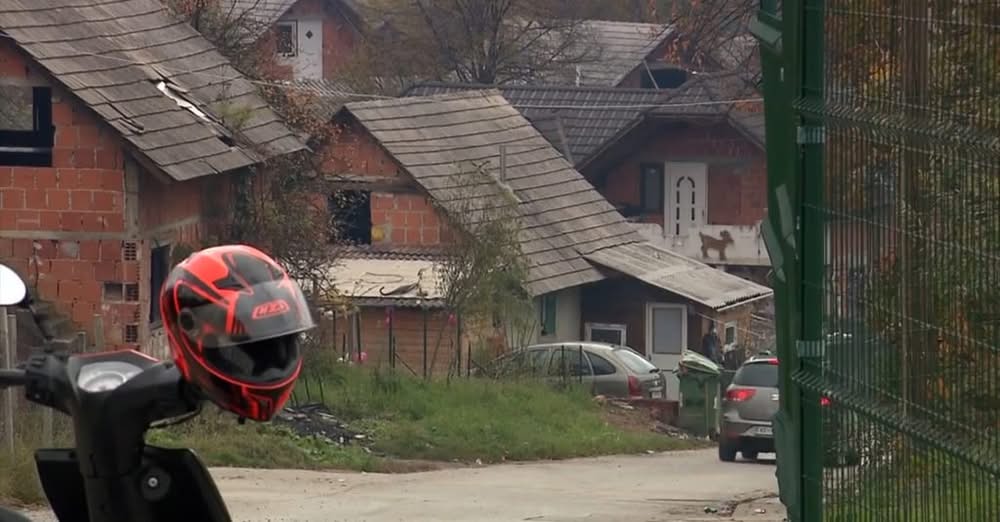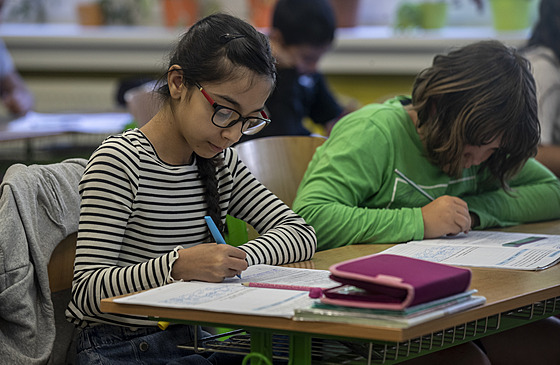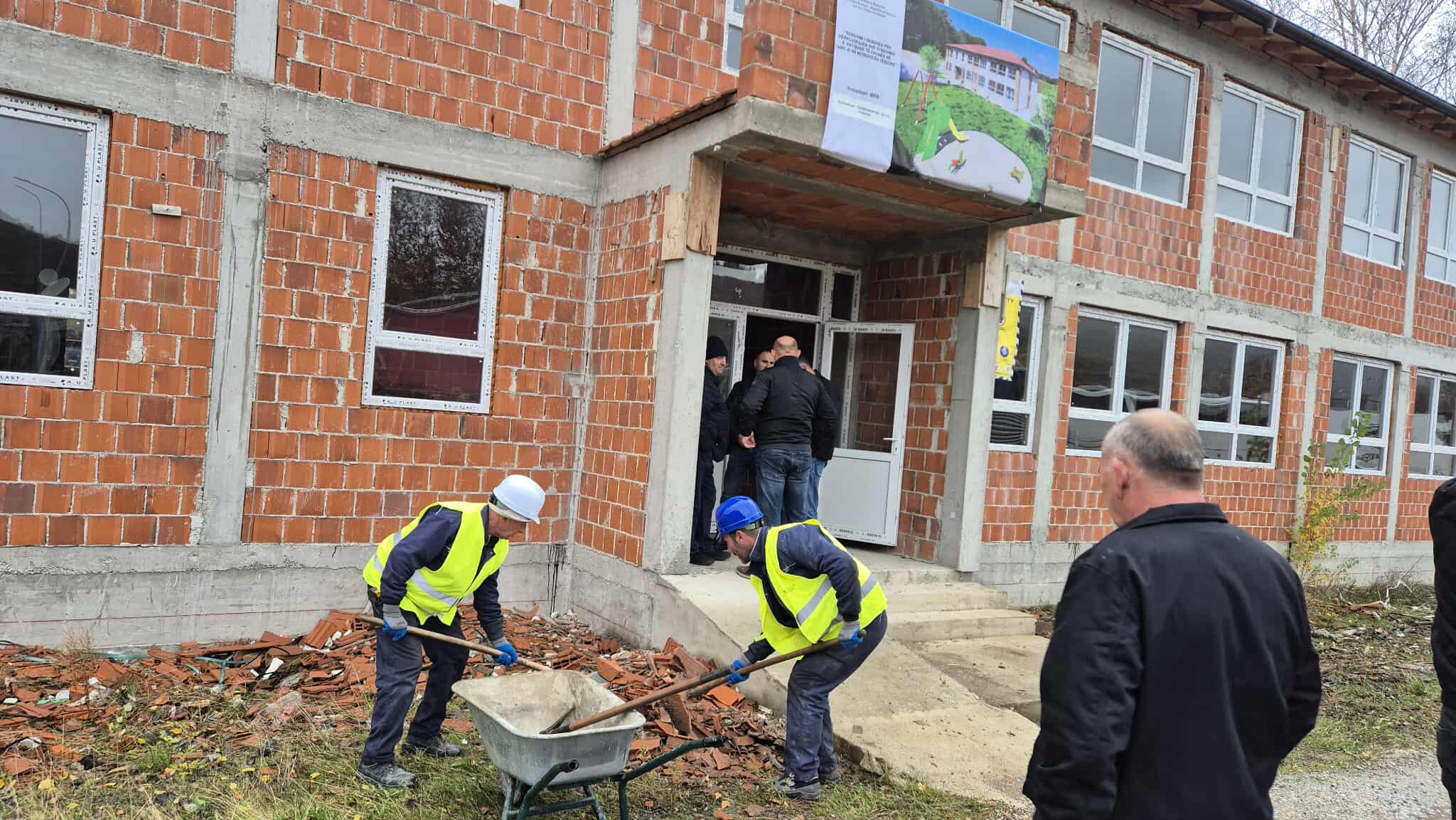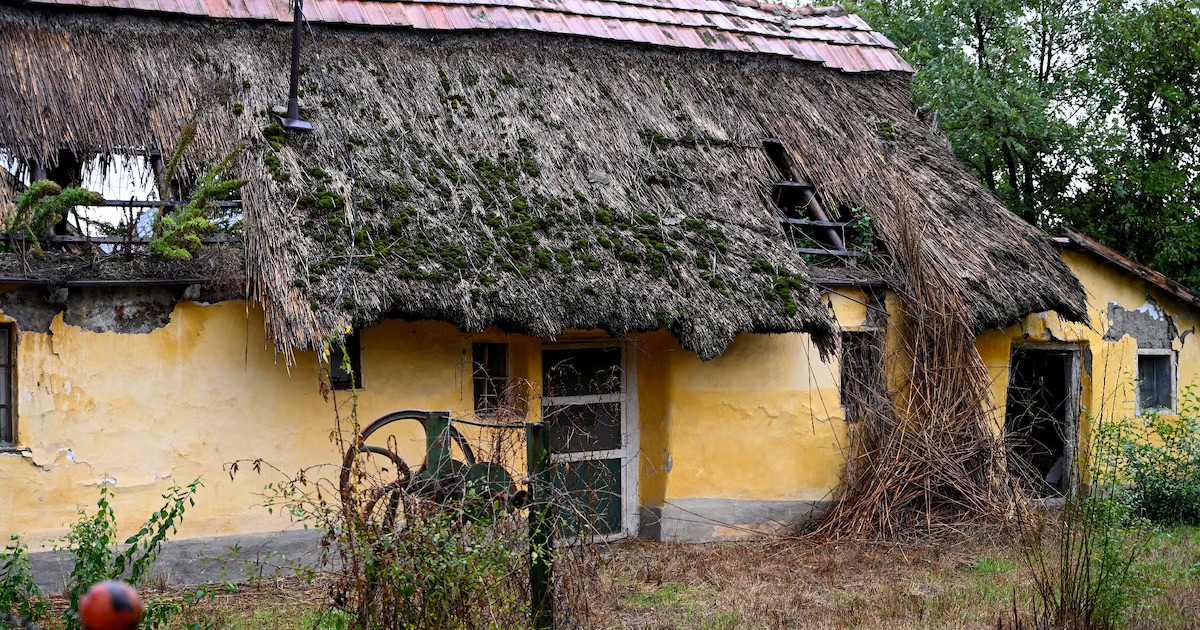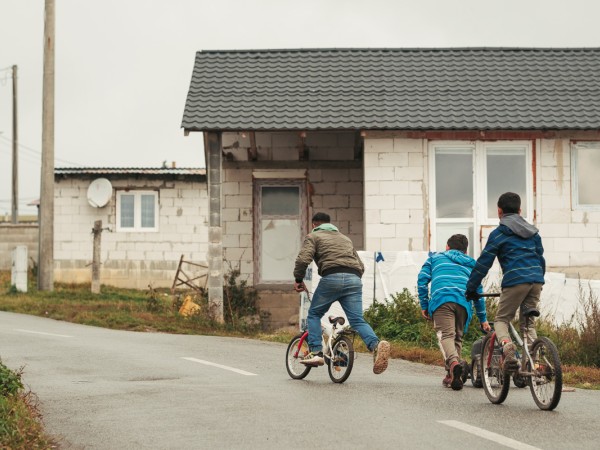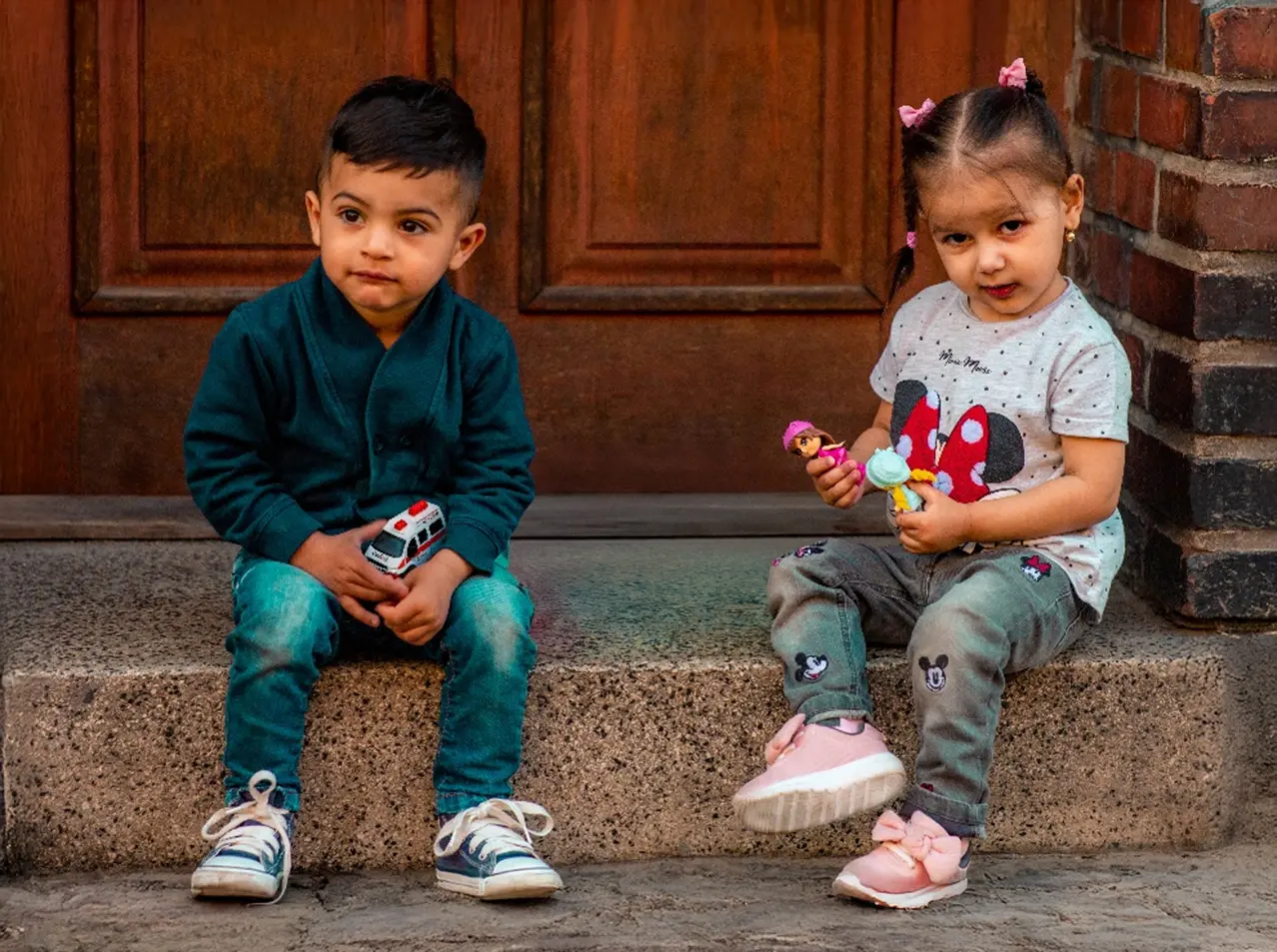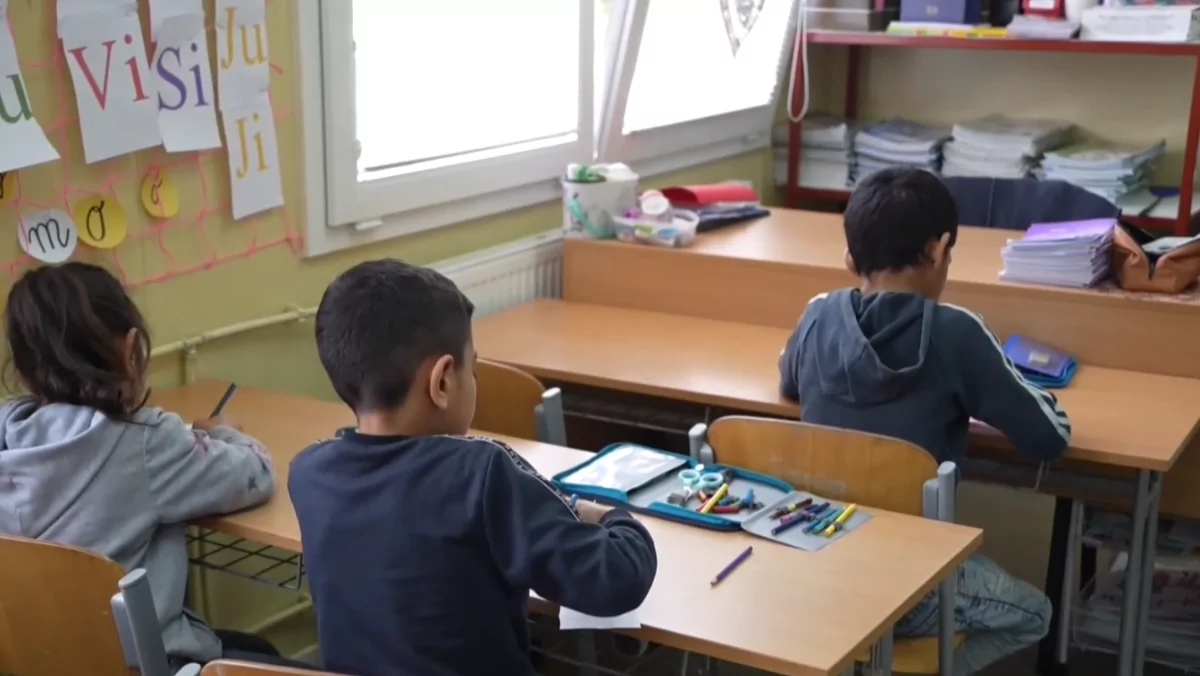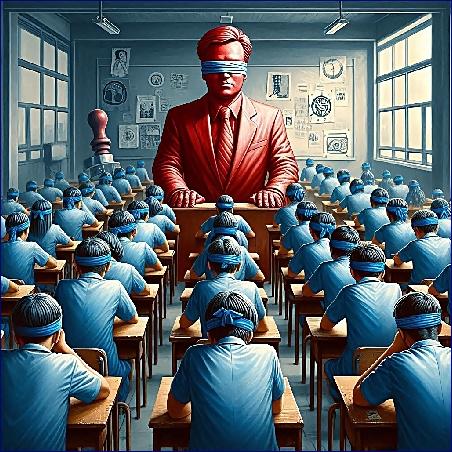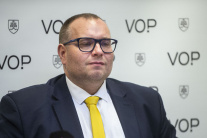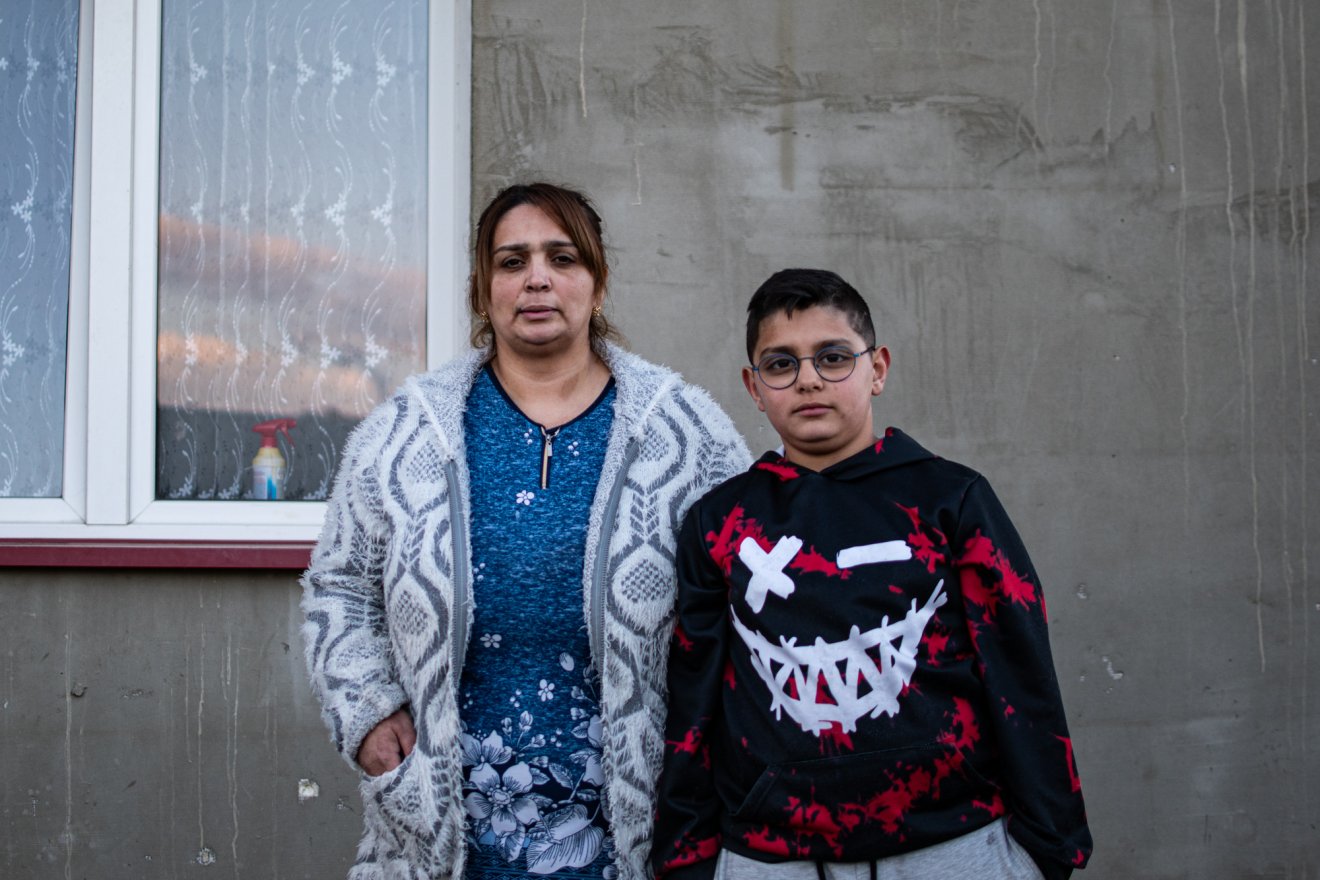Roma are one of the most vulnerable national communities in Ukraine. Roma children experience discrimination from an early age – they are often not accepted into general kindergartens and schools, directing them to special “Roma” institutions. Such educational segregation is widespread in the Transcarpathian region. In that region, many Roma chilcren do not even go to school.
- “Не треба нам таких”: чому ромські діти мають обирати між ізоляцією в спеціальних школах та цькуванням у загальних. In: Zmina. 10.02.2026. https://zmina.info/articles/u-vas-ye-svoyi-shkoly-yak-romski-dity-stykayutsya-iz-segregacziyeyu-v-osviti-ta-yak-cze-podolaty/

